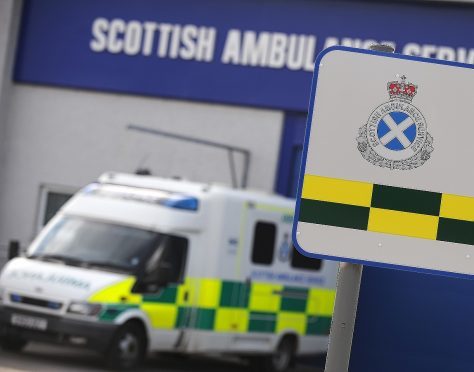There has been a cautious welcome from unions and campaigners to confirmation that £400,000 is being injected into the ambulance service in Caithness.
While delighted with extra investment, union officials insisted yesterday more was needed to plug gaps left by the growing number of hospital transfers from Caithness General in Wick to Raigmore in Inverness.
The funding is being jointly provided by the Scottish Ambulance Service (SAS) and NHS Highland.
It follows a fierce campaign opposed to what activists consider a “downgrading” of Caithness maternity services as a result of local health reforms.
A spokesman for SAS said: “We’ll announce the full detail of the resources following further work with local staff and partners – and would like to thank NHS Highland for their support in reaching this agreement.”
The GMB union, which previously warned of “a disaster waiting to happen,” urged health chiefs to ensure the money is used “to help frontline staff constantly working at breaking point.”
The union calculates that the funding would mean up to eight new members of frontline staff.
Its Scotland organiser Karen Leonard said: “Our members across the service are overworked and under-resourced and the litany of problems across the Caithness service is well documented.
“It means working over and above proper shift patterns, vehicle and equipment checks go undone because of the demands on working time, meals breaks are missed and rest periods are spent on the job.”
Tommy Campbell of the Unite union said: “We welcome the investment but we’ll need to wait and see what effect it has on the ground.”
The health board announced yesterday that it would pilot a new role of liaison officer at Raigmore Hospital from Monday to assist with maternity services.
It will be overseen by members of the Caithness Maternity and Gynaecology Group which includes former midwife Liz More, a member of the pressure group the Caithness Health Action Team.
The group will also monitor work with the aim of improving access to accommodation at Raigmore, providing better transport arrangements and better “care experience” for expectant mums and their families.
